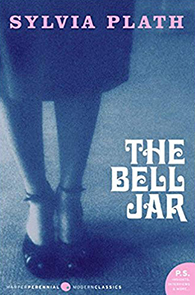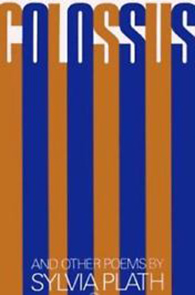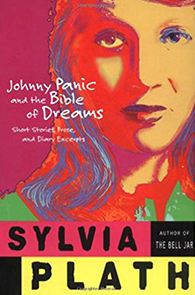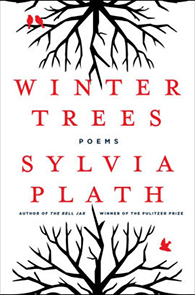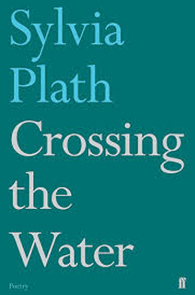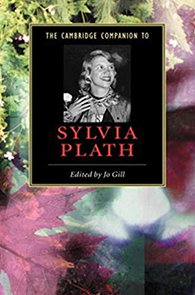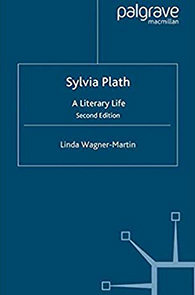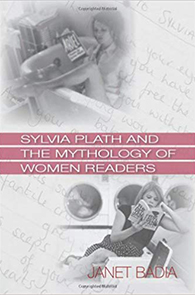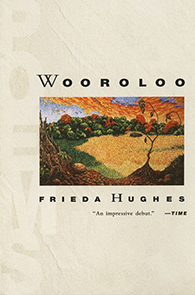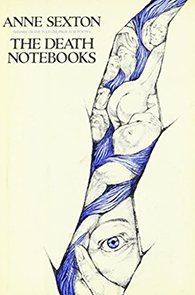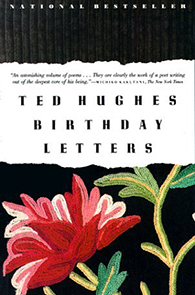
by Taylor Follett
Saturday, October 27th marks the anniversary of Sylvia Plath‘s birth. Plath’s reputation as of the most fascinating and tragic women writers of the 20th century is well-known, as is the work which won her literary respect and a posthumous Pulitzer prize in 1982. Plath was a major figure of the confessional poetry movement and often hailed as an important feminist writer. The anniversary of Plath’s birth provides the perfect reason to crack open a copy of The Bell Jar, or perhaps remark on the wonder of “Lady Lazarus.”
You can find Plath’s prose and poetry in Main Stacks:
Sylvia Plath
Sylvia Plath
Sylvia Plath
Sylvia Plath
Sylvia Plath
Sylvia Plath
Learn more about Plath’s life and work via her biography and critical discussions of her texts:
Edited by Jo Gill
Linda Wagner-Martin
Janet Badia
Researching Plath? You can find more critical commentaries on Plath here on OskiCat.
Significantly, Plath was highly involved in the literary world of her time, and she was both influenced by and influential to the writers around her. She had a troubled marriage with Ted Hughes, former Poet Laureate of England, and was close friends with another confessional poet, Anne Sexton. Sexton’s work has similar themes to Plath’s work, while Hughes’ Birthday Letters consists of poems dedicated to, about, and in memory of his ex-wife. Hughes and Plath’s daughter, Frieda Hughes, is also a poet and children’s book writer. You can find their work here:

